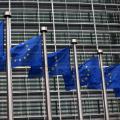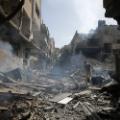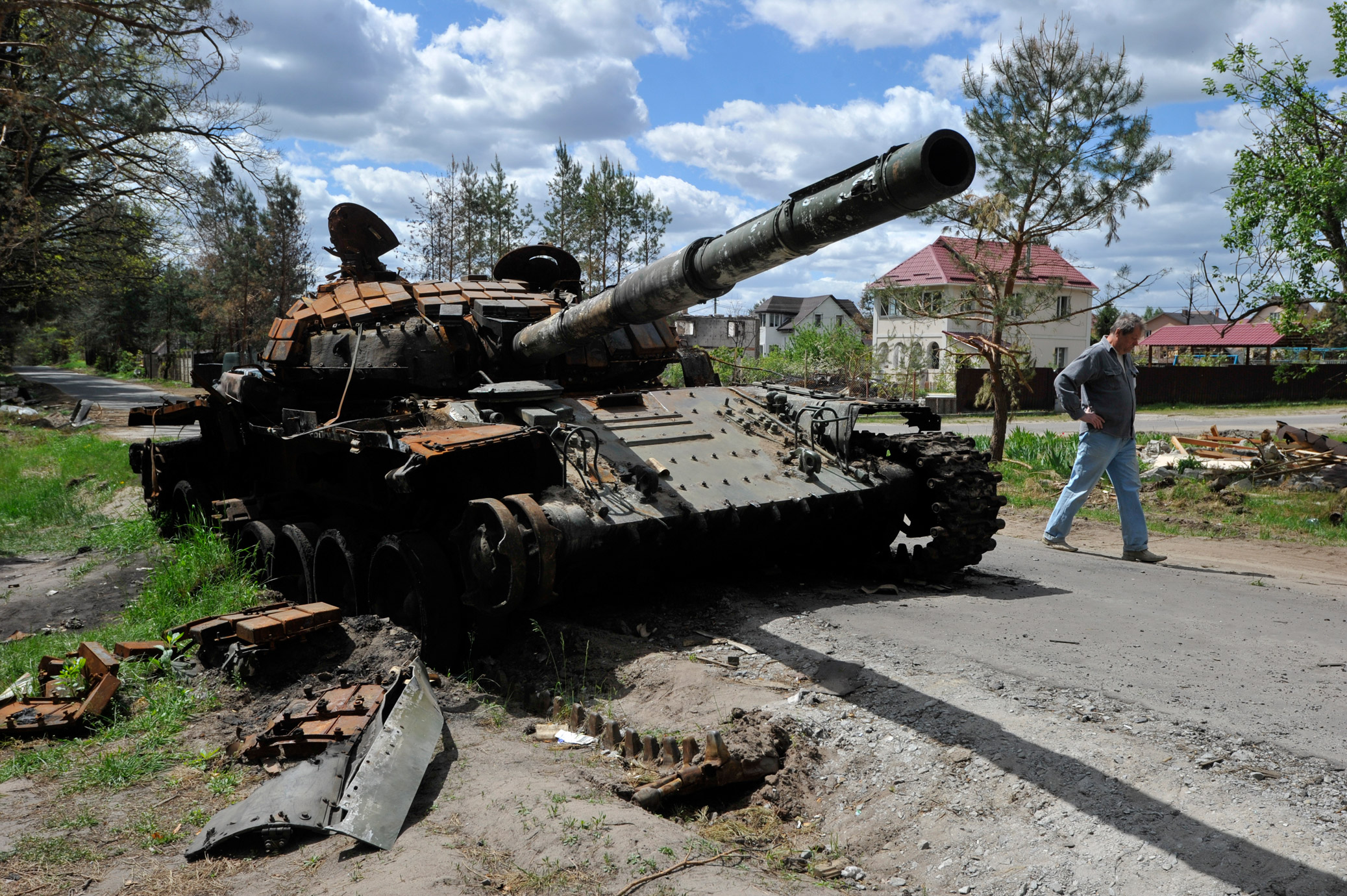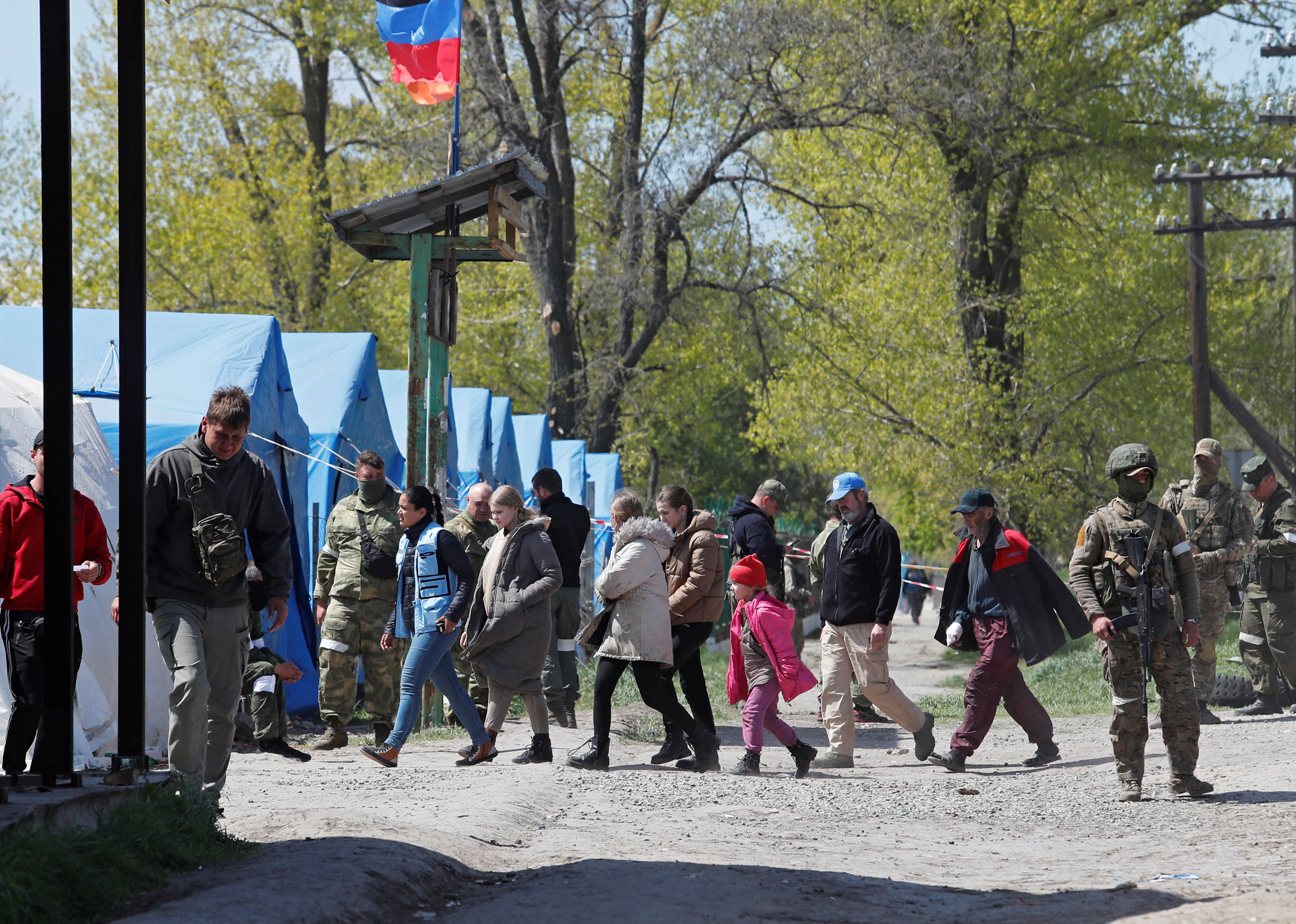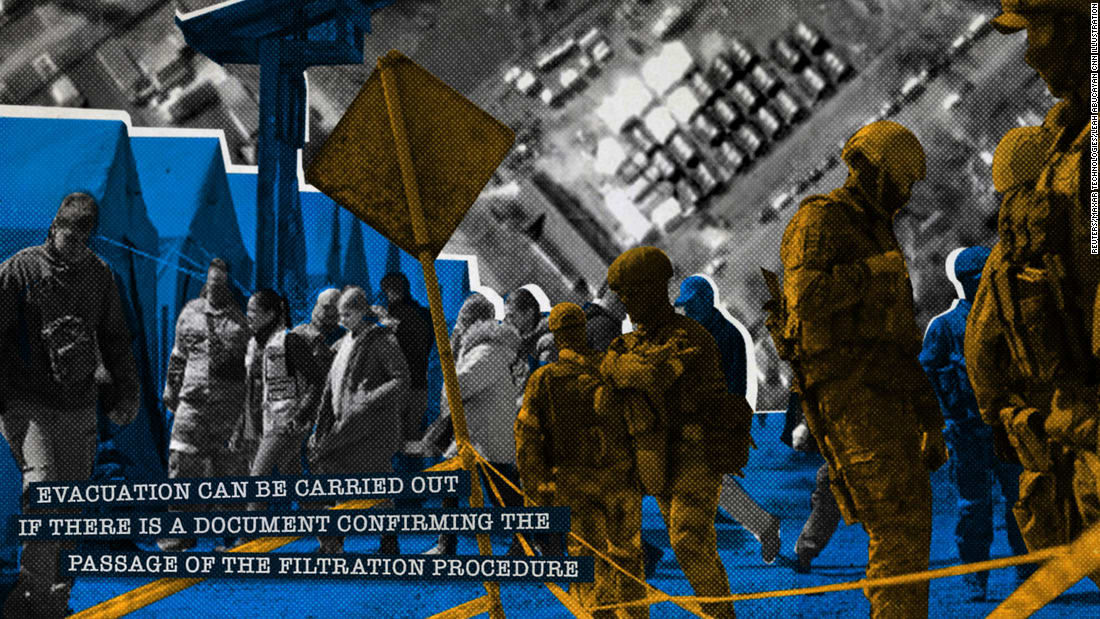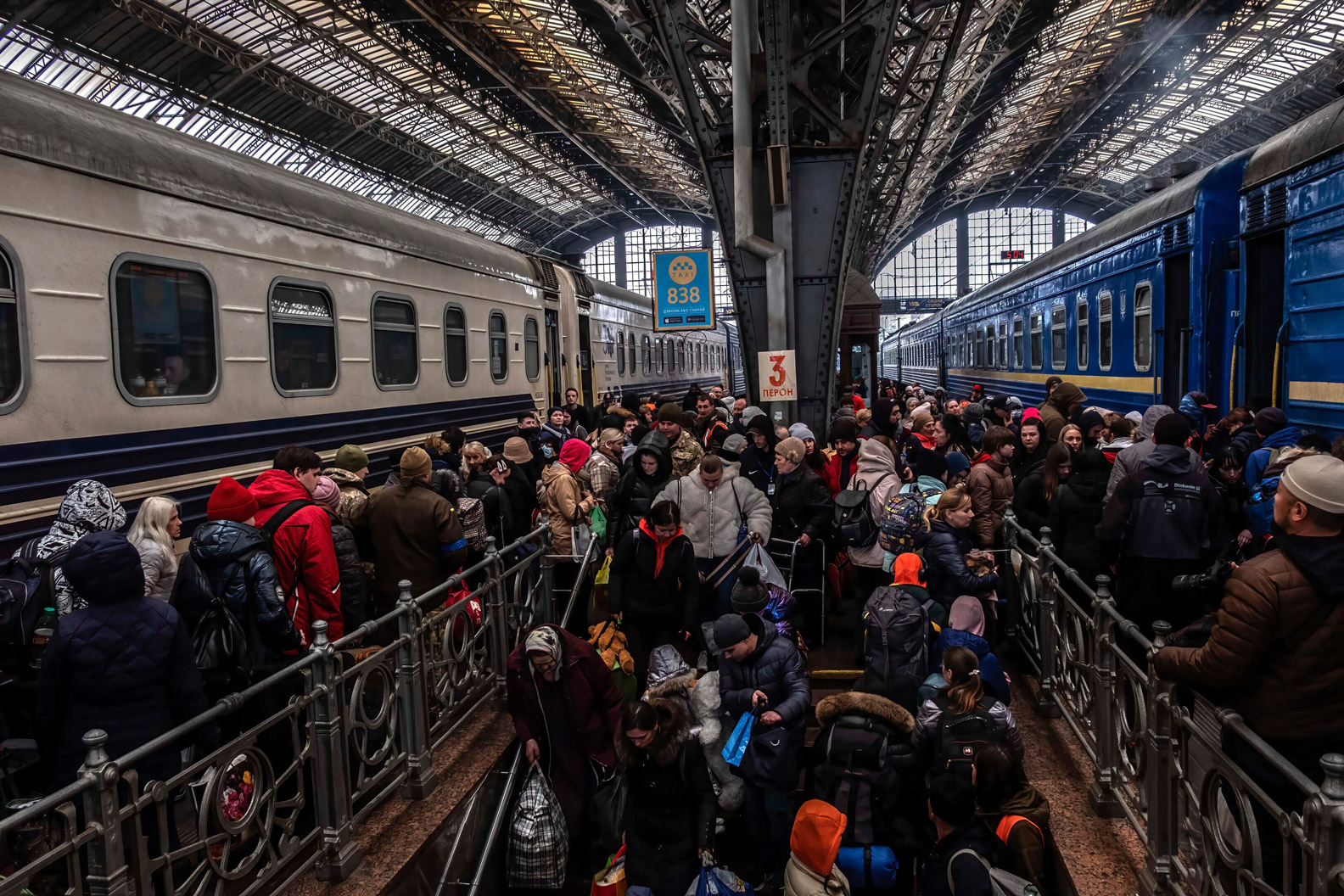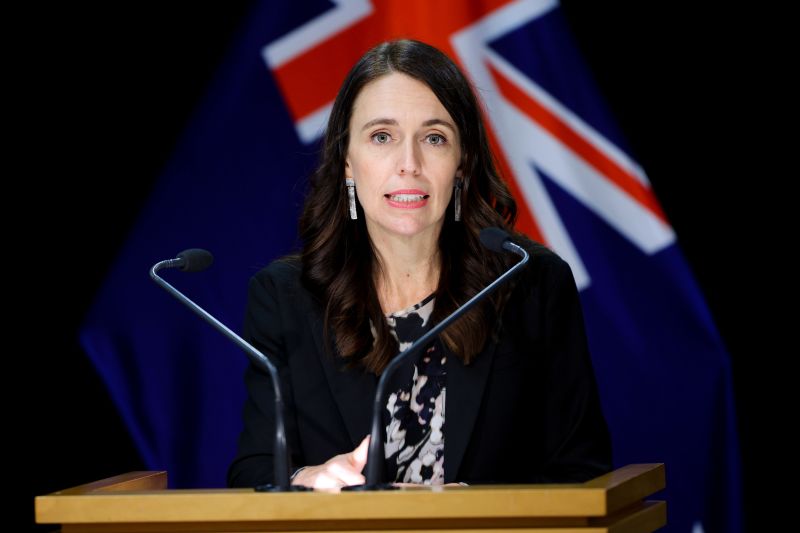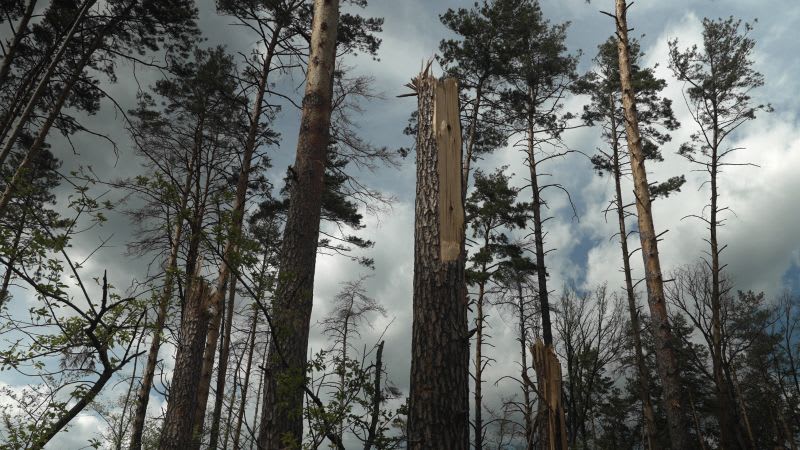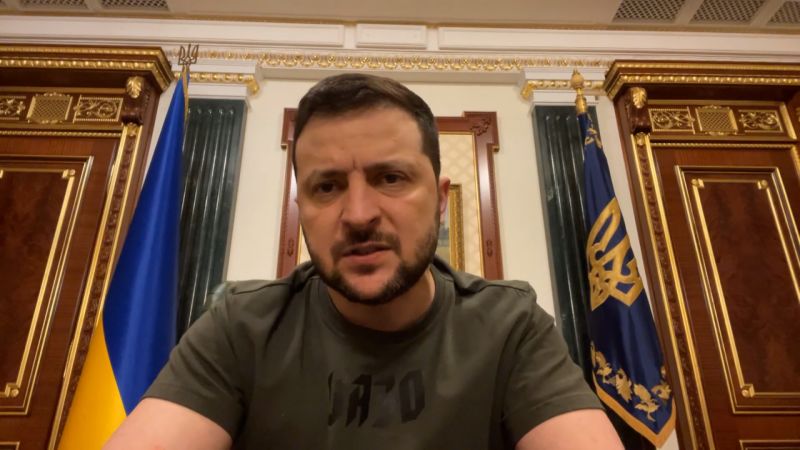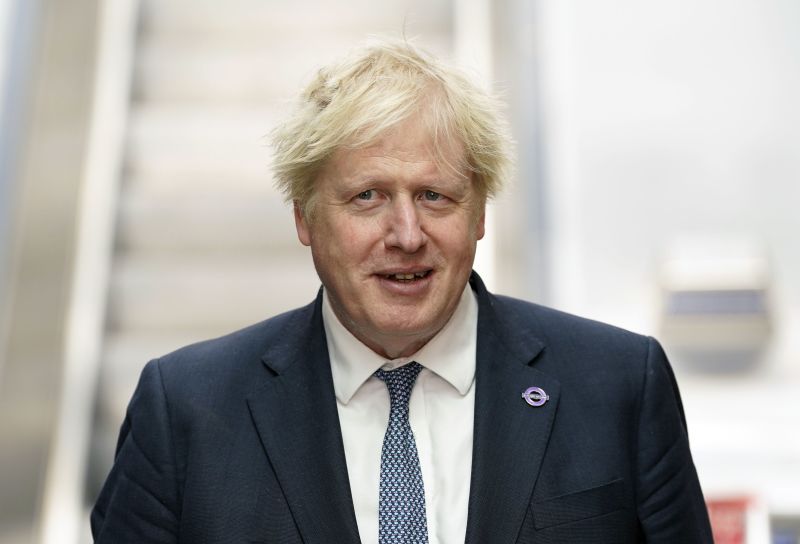Ukrainian presidential adviser Mykhailo Podolyak has ruled out a ceasefire with Russia and said Kyiv would not accept any deal with Moscow that involved ceding territory.
The war will not stop (after any concessions). It will just be put on pause for some time,” he told Reuters in an interview in the presidential office on Saturday.
Podolyak said making concessions would backfire on Ukraine because Russia would hit back harder after any break in fighting.
“After a while, with renewed intensity, the Russians will build up their weapons, manpower and work on their mistakes, modernize a little, fire many generals … And they'll start a new offensive, even more bloody and large-scale,” Podolyak said.
“Russia can't be left halfway because they will (develop) a 'revanchist' mood and be even more cruel.”
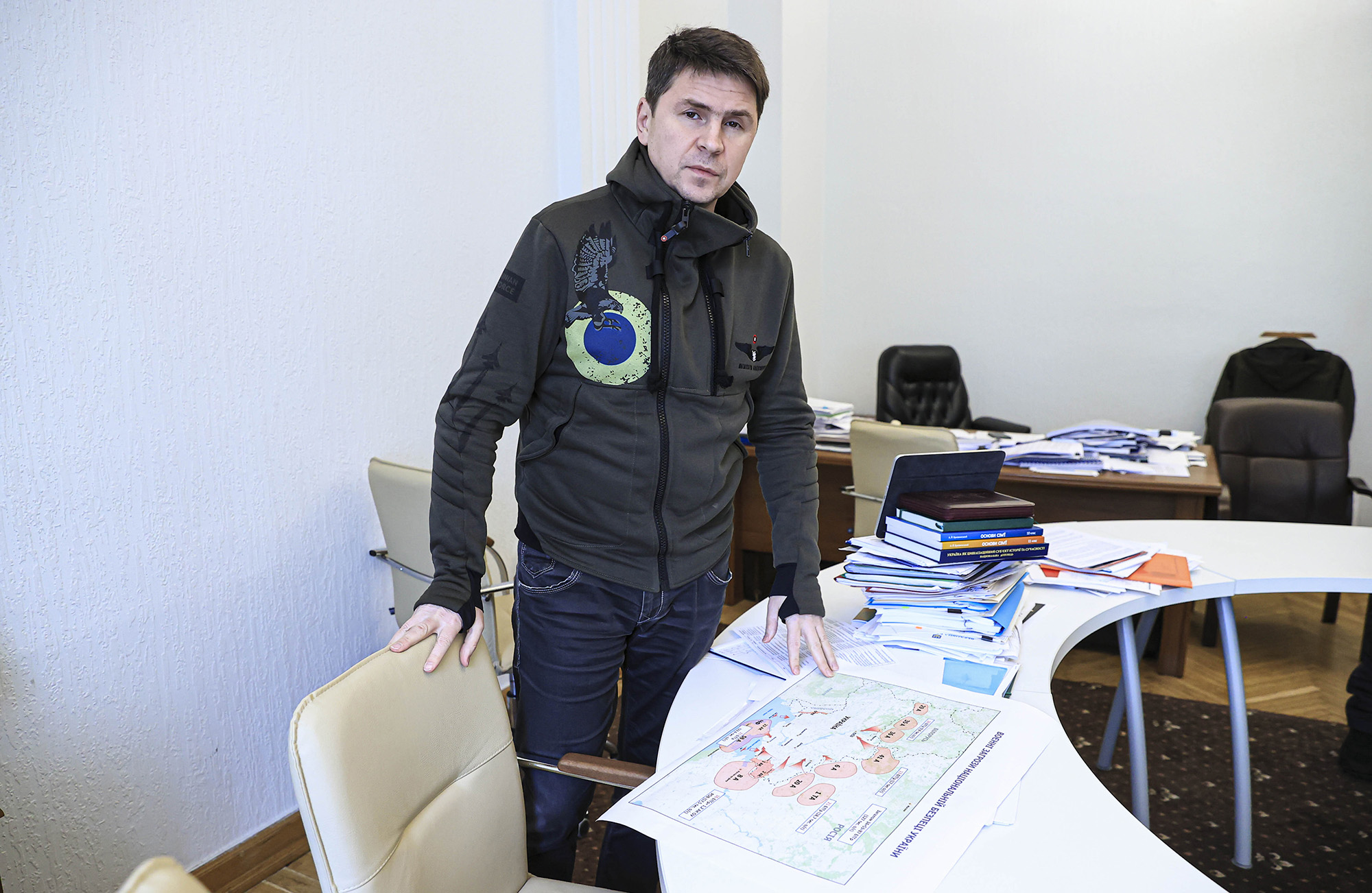
Podolyak also dismissed calls for an urgent ceasefire that would involve Russian forces remaining in territory they have occupied in Ukraine’s south and east, saying “the (Russian) forces must leave the country and after that the resumption of the peace process will be possible.”
Head of the Ukrainian President’s Office Andriy Yermak echoed Podolyak’s words, tweeting Sunday that “the war must end with the complete restoration of Ukrainian territorial integrity and sovereignty.”
